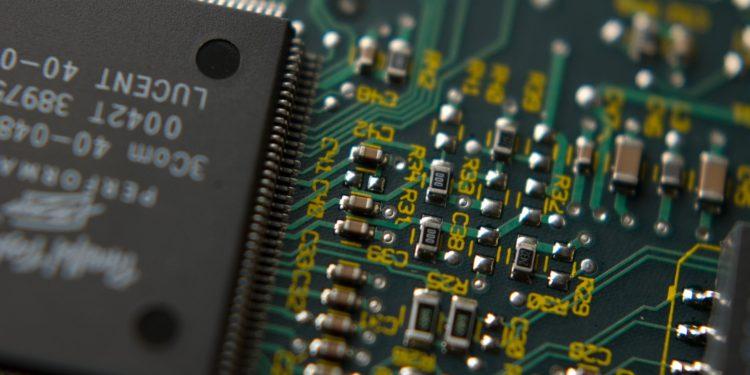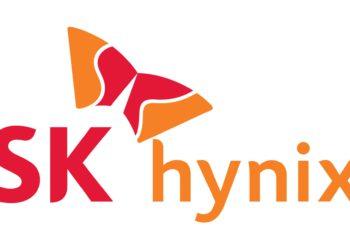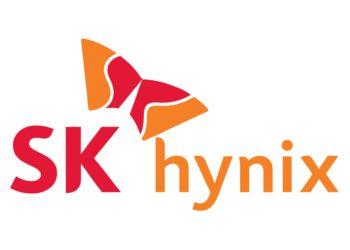South Korea currently holds the highest volume of chip inventory ever seen by the country in the last 26 years. With the worldwide economic slowdown, the demand for chips or semiconductors has dropped eventually.
As per the newly released data from Statistics Korea, a government-run statistics department, the inventory-to-sales ratio of chips produced by South Korean chipmakers stood at 265.7% in January this year. This figure is very close to the 288.7% which was recorded in March of 1997.
The long-spread uncertainties and the global slowdown has hit the chip exports of South Korea by 42.5% which is approximately $5.6 billion in February.
The semiconductor is a major industry in South Korea. A large chunk of the workforce is encircled around it. So, the government is taking steps to uplift the shaken environment. The two leading semiconductor manufacturers, Samsung Electronics and SK Hynix are asked what their take on the situation is. The Korean government is also holding a meeting with chip manufacturers to find practical solutions or measures to deal with the new dilemma.
Both companies hold a significant amount of relevance in not only South Korea but also around the globe. With a worth of $4.03 billion, Samsung’s inventory assets reached their highest-ever point last year. Similarly, SK Hynix observed a huge jump of 75% in its inventory at the time.
These figures show that both players are struggling in and out. It’s getting harder to sell their goods in the market globally. In such a scenario, manufacturers will likely either curtail manufacturing or lower their prices to maintain equilibrium.
The hard-hit South Korean chipmakers are facing tremendous problems domestically as well as internationally. The recently released US policies for South Korean chipmakers have heated the tensions more. Top players like Samsung and SK are given alternatives if they want operational ties with China or with the US.
This has brought companies to tough places because naturally, they want business on all sides. They cannot simply choose one side. The US government’s CHIPS and Science Act has been disadvantageous towards Korean and also German semiconductor manufacturers. Their sensitive information such as earnings reports and cash flow statements are at stake due to the US Federal government’s Chips act.
According to the ‘Guardrails’ provision of the new act, it will ensure a geographic customer alignment for the parties who align with them. South Korea’s chip manufacturers as well as equipment producers could benefit from this. However, the beneficiaries are barred from doing any investment in China for the next 10 years. It’s a deal that needs to be thought through. A one-year waiver has already been issued to Samsung and SK from Washington.
On the other hand, it is viewed that this step by the US could take things south for the South Korean chip industry. Cutting off China, the region Korean makers are heavily reliant on, won’t be feasible.
As of now, companies especially Samsung and SK are making a truce with new changes and challenges. A $17 billion worth semiconductor facility is underway for Samsung while SK is looking for a site suitable for packaging processes. They are still unclear whether they should map out an exit plan or not. There are still questions floating around credibility, the confidentiality of information, and profitability from the US government’s end.
South Korea plans to expand its chip industry with chips of the next generation such as AI. New AI-based chips are now the government’s goal. Around $642 billion are expected to be invested in the next generation of AI chips by 2030.




